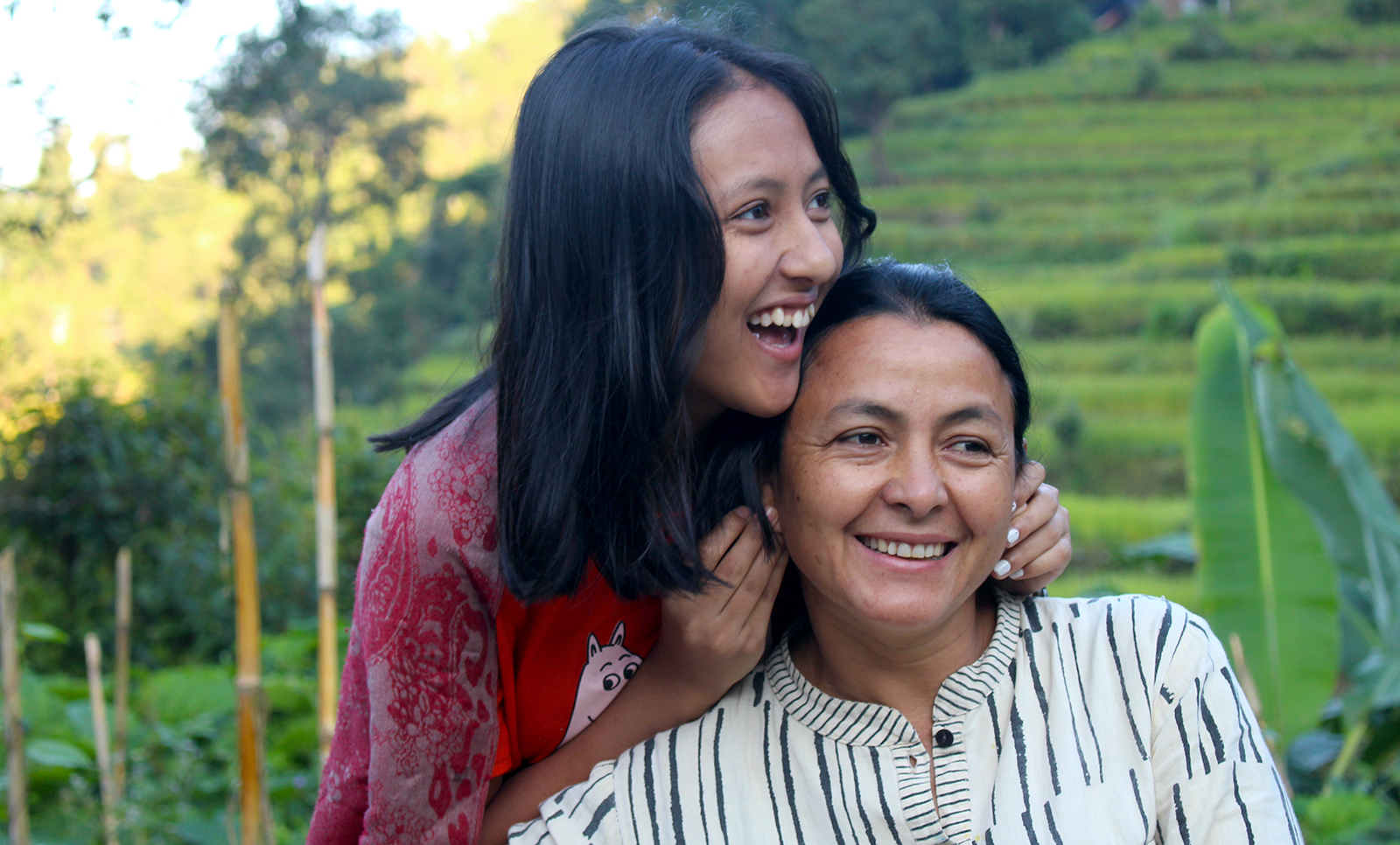This year’s Hot Docs Film Festival, which kicked off in Toronto on April 25 and ran until May 5, opened with a musical touch, with Dawn Porter’s Luther: Never Too Much. It boasted a total of 167 other films from 64 countries on its impressive slate.
North America’s largest documentary film festival may have had fewer films to showcase this year than last year’s 214, but it stayed true to its commitment to gender parity, with 54% female directors in the official selection.
That was felt across many of the titles, too, which featured incredibly compelling stories of women change makers, who have fought for justice for themselves and their communities, and others who have dug deep through the generations to discover more about their cultures and identities.
Naturally, a fair number were politically charged in a way that felt necessarily topical. For instance, many of this year’s titles touched on the current state of women’s rights in Afghanistan and Iran, the farmers’ movement in India, along with rising, global Islamophobia.
It might come as a surprise, then, that the festival was also mired in a wee bit of scandal recently. On April 30, during a screening of Helen and the Bear, director Alix Blair talked about supporting Palestine while on stage, and was heckled by an audience of local and International viewers, filmmakers, and critics. As Jaime Rebanal noted on Twitter, “Hot Docs needs to do better to protect filmmakers on their own platforms for bringing up such issues, especially as some woman had the nerve to say ‘this is not a political forum.’”
Now, if a documentary festival isn’t a political forum, what is? Hot Docs has not yet commented on the issue. This comes after the moment, in late March, when 10 festival programmers parted ways with the organization without publicizing a reason. Critics have speculated it may have something to do with limited funding support, while POV Magazine recently shared that an anonymous festival board member said there had been “internal disagreements” around the organization’s original “uncomfortably pro-Israel” stance. Some have also pointed out online that the festival’s choice to feature only two Palestinian films this year — Life is Beautiful and The Poem We Sang — is certainly an interesting choice.
If it all proves anything, it’s just how important documentary filmmaking and working to platform the truth actually is. If there are no politics at play, what is the point? You can support some of this year’s filmmakers by checking out some of our favourite Asian documentaries listed below.
Born Hungry
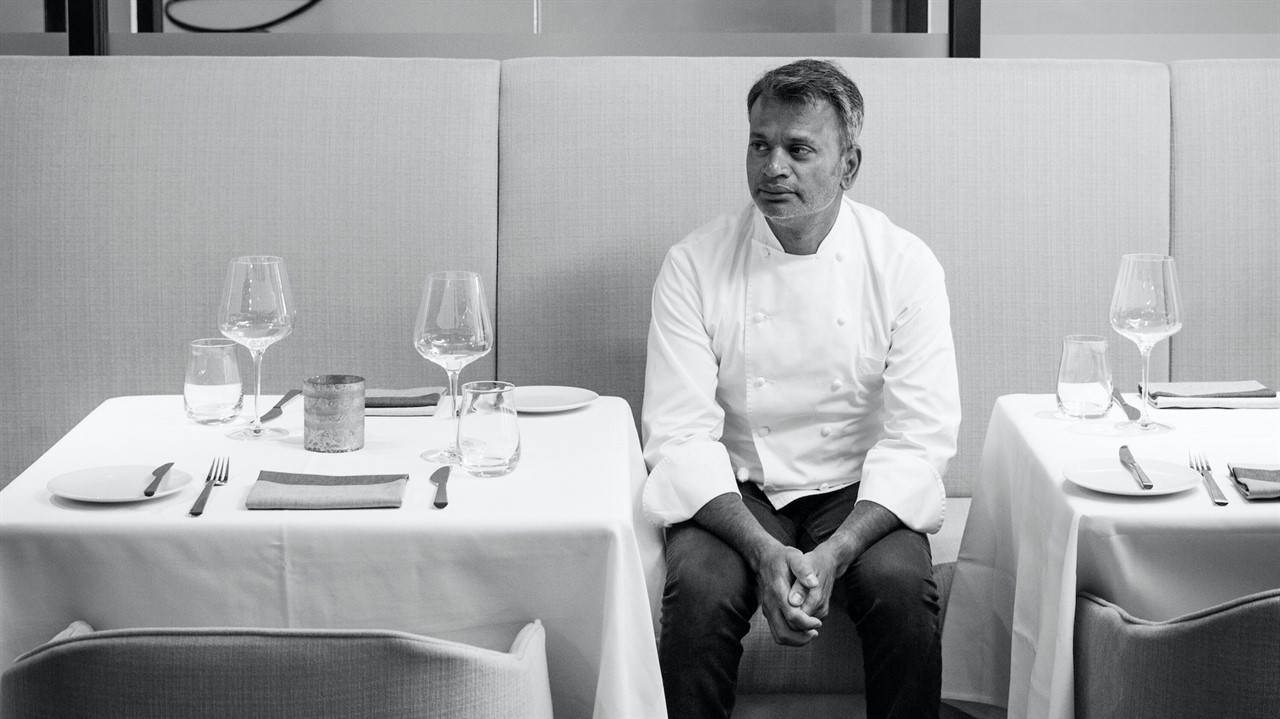
As the remarkable story goes, at seven years old, Sash Simpson spent his days on the streets of Chennai, India trying to survive. He was taking refuge in a movie theatre when an orphanage sponsored by Canadian non-profit Families for Children took him. The non-profit’s founder, Sandra Simpson, adopted him in 1979. With her, he moved to Toronto, where he officially joined the family, which included four biological children and 28 other adoptees.
Over the years, he worked his way up the Toronto restaurant scene and, today, owns his own popular spot, Sash. And in 2018, he opened a restaurant at that same orphanage, so orphans could work and develop skills when they turned 18.
This doc, directed by Hot Docs favourite Barry Avrich (Without Precedent, Three Tall Women, The Talented Mr. Rosenberg), follows the now renowned chef as he returns to India for the first time and goes on a culinary tour, even visiting the theatre where he used to sleep.
Okurimono
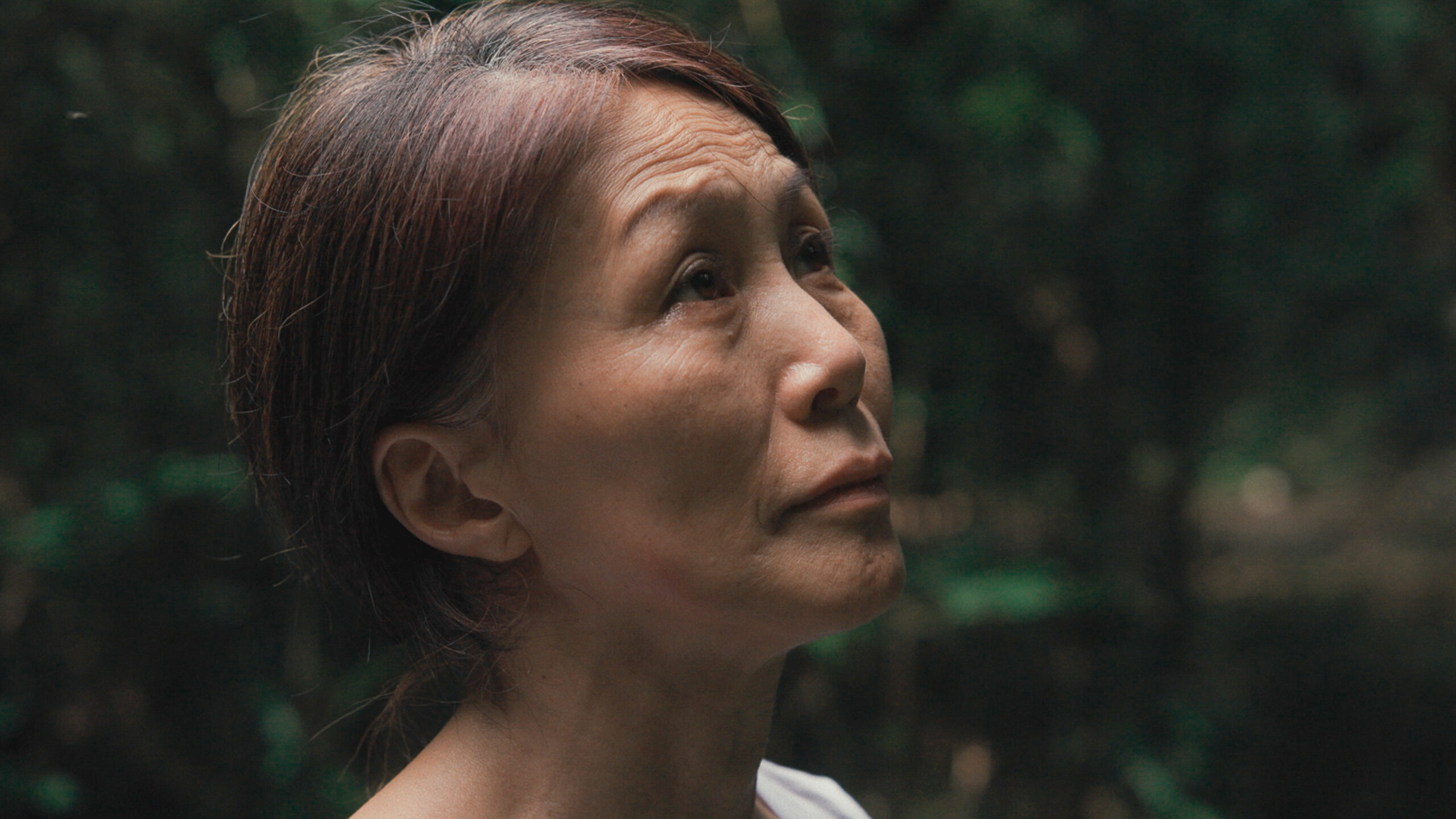
One of the most moving documentaries on this year’s slate is Okurimono, which follows Noriko Oi, a Japanese-Canadian woman who travels back to her home in Nagasaki to learn more about her mother, who was a Nagasaki atomic bomb survivor, but died several decades ago. It’s an event that left her mother, until the very end, “at a loss for words.”
As she prepares her childhood home for sale alongside her siblings, she stumbles onto secrets she never knew her mother carried through letters stashed long ago and memories buried around the old house. She discovers just how deep trauma runs through their family, and works hard to heal for her own children’s sake. It all makes for a surprisingly relatable story for any immigrant or child of immigrants.
A 90-minute poem, Okurimono is quiet and embroiled deep in guilt, regret, and sorrow. In other words, it will have you calling your mom ASAP. And P.S.: The film’s director, Laurence Lévesque, picked up the Earl A. Glick Emerging Canadian Filmmaker Award at festival’s end, in case you’re still unsure if the doc is worth your time.
Flying Hands

Yet another documentary that will demand tears out of you, this one zooms in on the mountain town of Baltistan in Pakistan, where a great stigma surrounds deaf people (who even go nameless in place of being called “deaf”). This particular tale tells the story of Aniqa Bano, whose daughter Narjis is born deaf. Two decades later, a grown Narjis discovers all the astounding work her mother has done fighting for deaf rights, and shares that journey through her mother’s diary.
We learn, for example, that Aniqa built a school and home for the deaf in Baltistan, and has spent much of her life fighting for and winning rights for the deaf in their community. For Narjis, this becomes not only a moment of appreciation for her mother’s hard work, but understanding just how much pain a mother goes through in building a better world for her daughter.
7 Beats per Minute
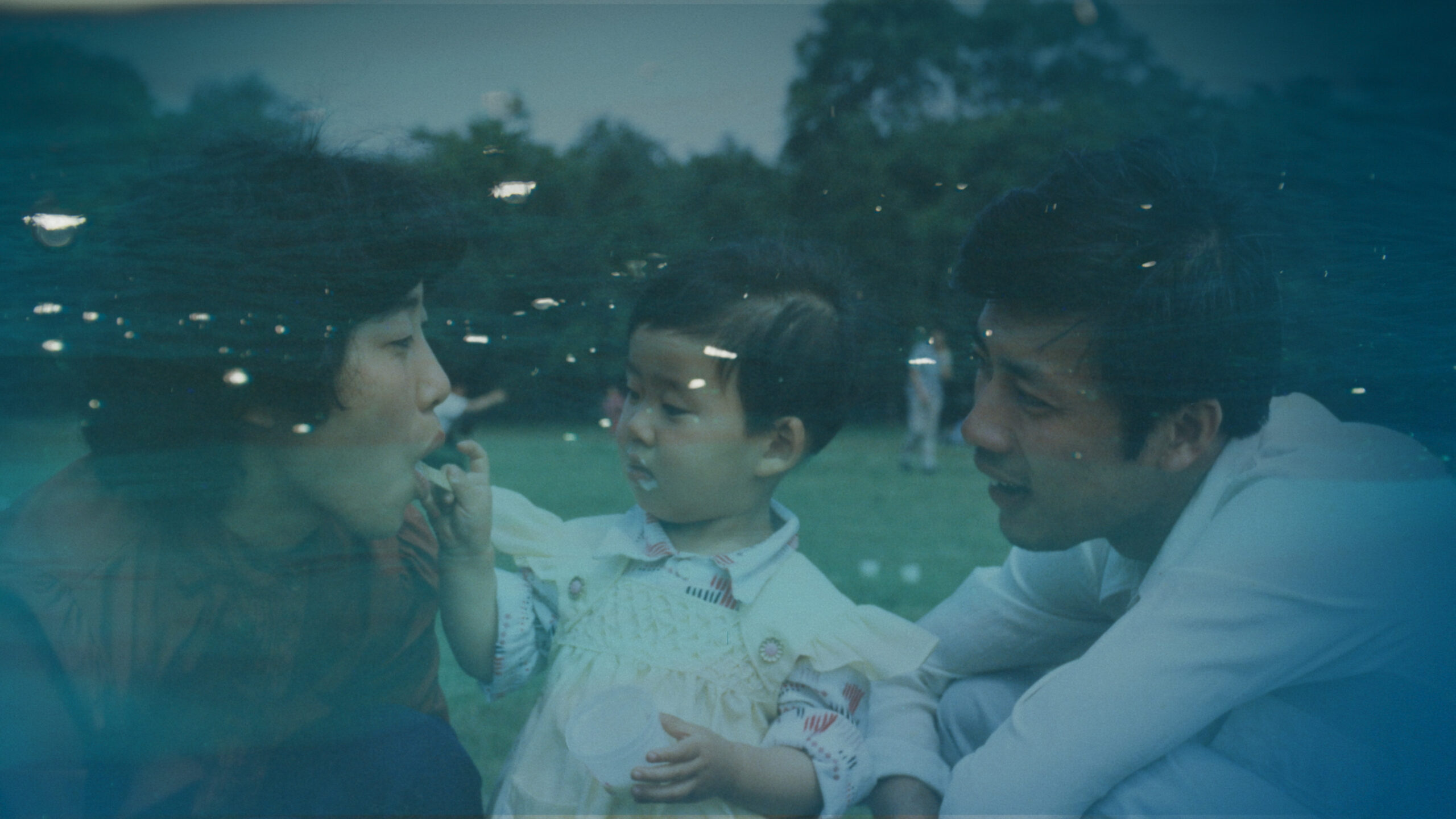
In 2018, in an effort to set a world record for freediving, and after hitting her target at 93 metres deep, Chinese champion swimmer Jessea Lu blacked out on way to the surface. She was considered lifeless for four full minutes.
Instead of letting the moment hold her back, Lu considered it an opportunity for rebirth. This documentary, shot by Mongol Chinese Canadian director Yuqi Kang, follows Lu as she returns to the scene of her near-death experience and faces her past in an effort to begin a new, brighter future, mending the physical and mental trauma deep in her bones.
“To share means to become vulnerable,” writes Kang in a director’s letter via the National Film Board of Canada, a co-producer. “By literally diving deep, Jessea is looking at who she truly is, and by following Jessea, I was also able to discover this about myself.
Devi
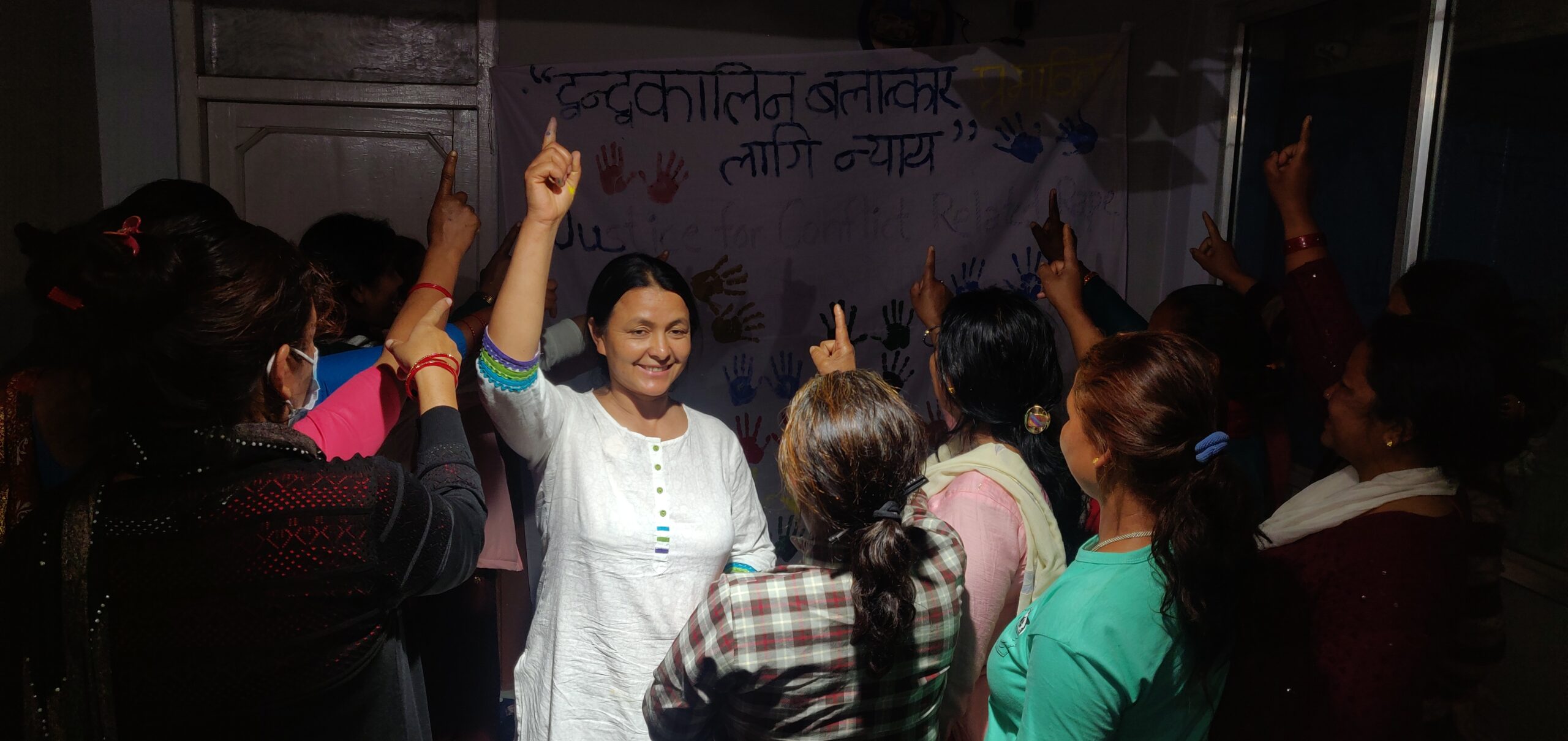
Any one of this year’s featured documentaries will have you walking out of the theatre with a new hero, perhaps none more unforgettable than Devi who, at 17, in 1997, was arrested during Nepal’s civil war, and was accused of rebellion, subjected to torture and rape while in custody. Not only was she relentlessly labelled a victim in the media, but she lived with depression while in isolation.
This documentary follows her incredible trajectory as she went from “victim” and a rebel on the frontlines to a member of parliament after the war. We discover just how resilient she was from a young age, what kept her motivated, and how she’s fought for justice for her own story. As she tells it, “I was raped. It wasn’t my fault. I was raped, but my dignity wasn’t stolen. I refuse to hide.”
Devi turned to Emmy-nominated filmmaker Subina Shrestha to tell that story, and provided her with her diary, essentially a memoir, detailing the abuse she went through. In the end, Shrestha created a tale of sisterhood and rebellion — and how hard it still is to win accountability from the state.
The film earned an honourable mention in Hot Docs’ Best Social Impact Documentary category for its “gut-wrenching portrayal of a woman’s endless fight for the voiceless and disregarded victims of wartime sexual violence.”
Like this post? Follow The RepresentASIAN Project on Instagram, TikTok and YouTube to keep updated on the latest content.







